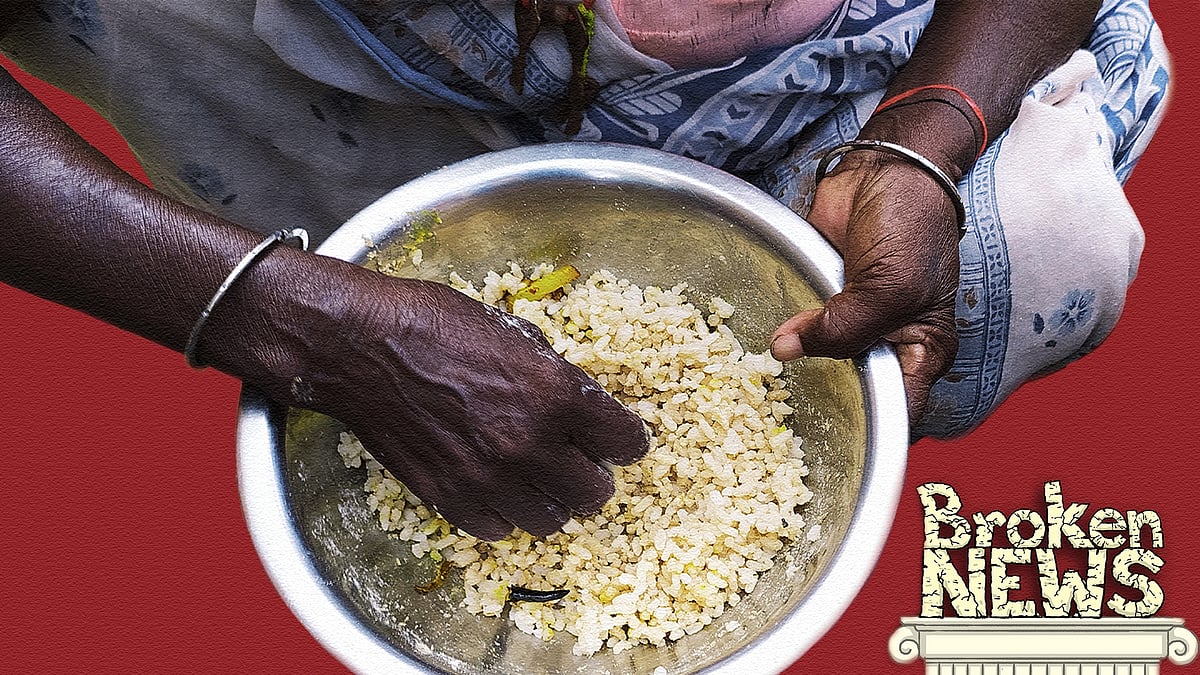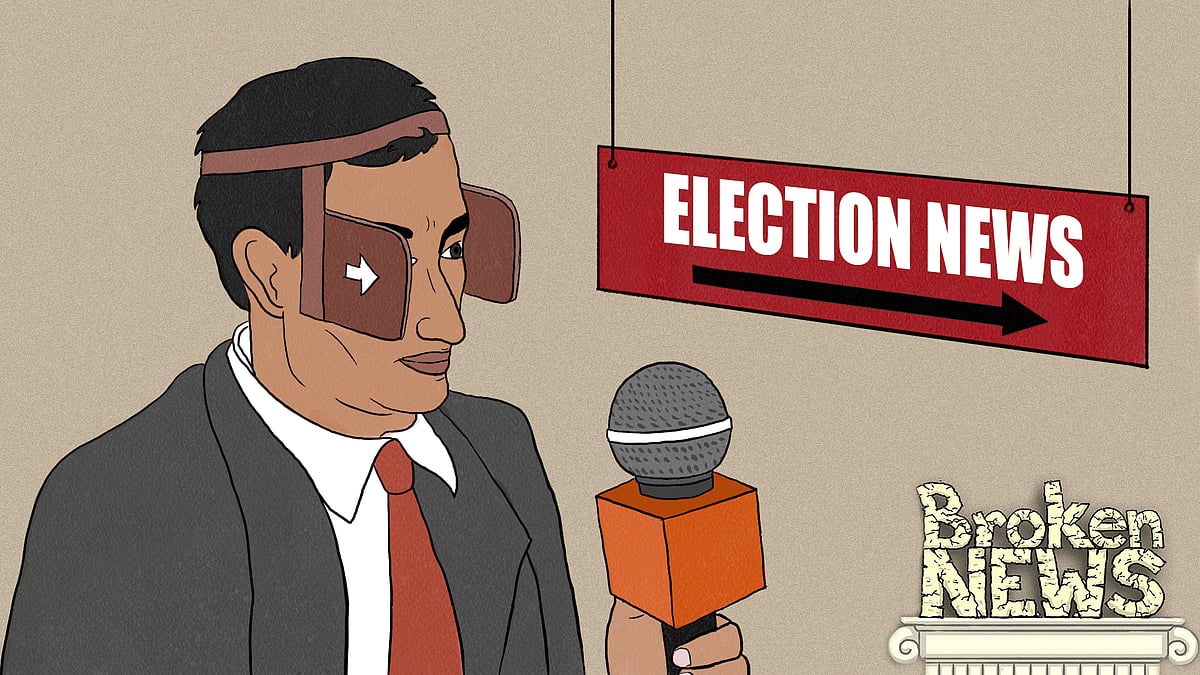How can a reader identify ‘paid news’? Ahead of Karnataka poll, Press Council spells it out
It’s part of a press release warning print media to comply with the Norms of Journalistic Conduct 2022.
Don’t publish “paid news”.
This is the gist of a press release issued by the Press Council of India yesterday addressing the print media ahead of the assembly election in Karnataka. Voting takes place on May 10 and counting on May 13.
The press release defined paid news as “any news or analysis appearing in any media” – both print and electronic – “for a price in cash or kind as consideration”. Publications must adhere to the Norms of Journalistic Conduct 2022, which clearly state that paid news must be labelled as such – a “marketing initiative, for example – to differentiate it from regular reports.
But how does the PCI identify “paid news”?
Examples in the press release included:
“Columns of news items, which largely indicate names of voters on caste basis and supporters of the candidate of particular political party, such tenor and manner of presentation of news establish the report to be paid news.”
“Projecting a candidate’s success in election who is yet to file a nomination is suggestive of paid news.”
“Political news published in competing newspaper with similar content strongly suggests such reports to be paid news.”
“An attempt to influence the voters by projecting the contesting candidate with all virtues during the election is paid news.”
“A news item giving negative aspect of a candidate and at the same time the positive aspect of candidate of other political party without any basis clearly shows that it is paid news.”
“Manner of presentation of a news item/photograph that too in favour of a particular party/candidate as also the appeal for voting in favour of a particular party is suggestive of paid news.”
Also:
“Two newspapers publishing same news item verbatim during election days is not accidental and it is evident that such news items have been published for consideration.”
It’s unclear what this means for newspapers that use content from the same news agencies – like ANI or PTI.
What isn’t paid news, you might ask?
The Press Council helpfully said: “News reports on campaign meetings and states enthusiasm because film stars were present cannot be termed as paid news.” An “honest assessment of prospects of candidates or the parties” would also not qualify as paid news as long as it’s not established that the newspaper received any “consideration”.
Newspapers were also urged not to “misconstrue or misquote the statements given by leader” and to “project the true spirit of what is being tried to be conveyed by them”, and to ensure “balance in publishing report/interview of candidates”.
A second press release issued by the PCI yesterday instructed newspapers not to publish predictions of election results in the silent period before polling ends. This includes predictions by “astrologers, tarot readers, political analysts or any persons”.
So, will the media comply? What sort of news report would fit within these definitions to qualify as not paid news? We’ll find out this election when Team Newslaundry hits the ground in Karnataka. Contribute to our Sena project and pay – not for news, but pay to keep news free.

Support Independent Media
The media must be free and fair, uninfluenced by corporate or state interests. That's why you, the public, need to pay to keep news free.
Contribute What’s wrong with the Indian media’s election coverage?
What’s wrong with the Indian media’s election coverage? It’s election season and Indian media has put on blinkers. As usual
It’s election season and Indian media has put on blinkers. As usual
Power NL-TNM Election Fund
General elections are around the corner, and Newslaundry and The News Minute have ambitious plans together to focus on the issues that really matter to the voter. From political funding to battleground states, media coverage to 10 years of Modi, choose a project you would like to support and power our journalism.
Ground reportage is central to public interest journalism. Only readers like you can make it possible. Will you?
